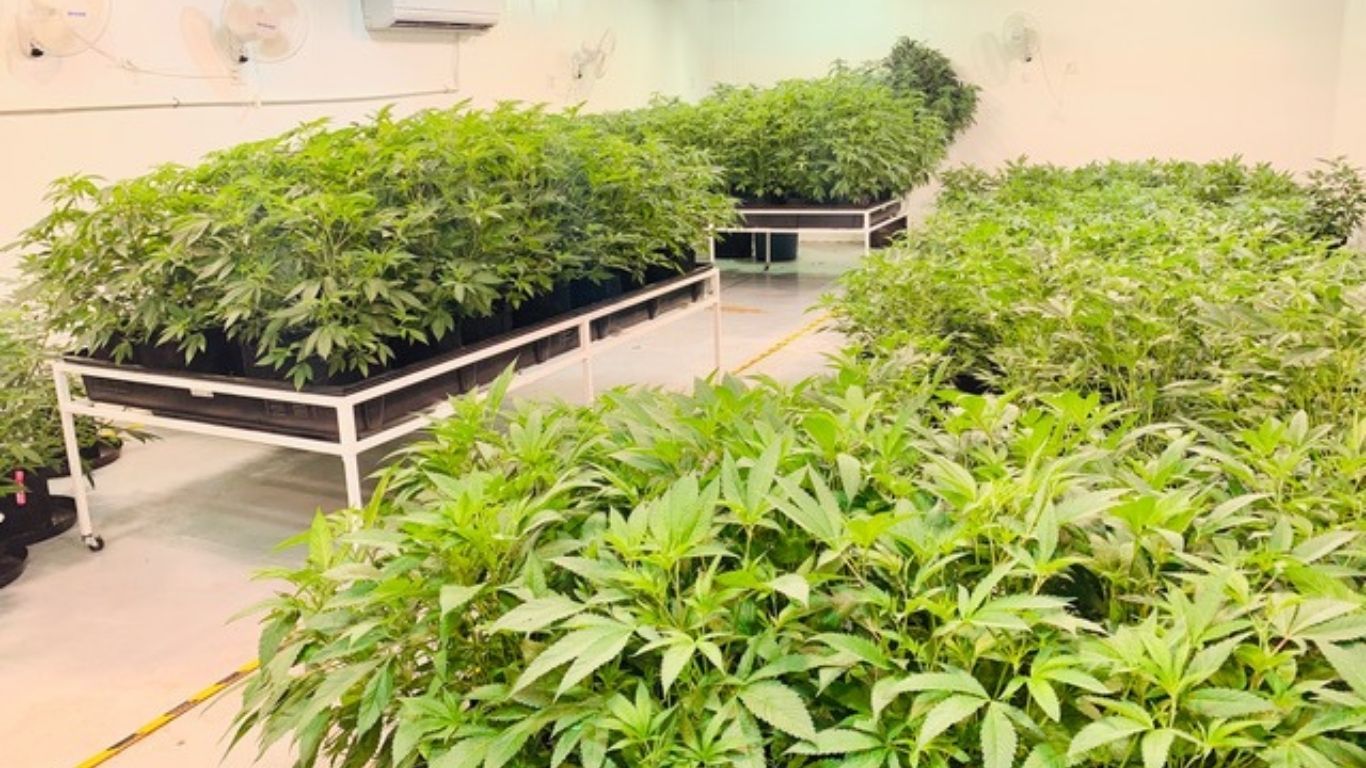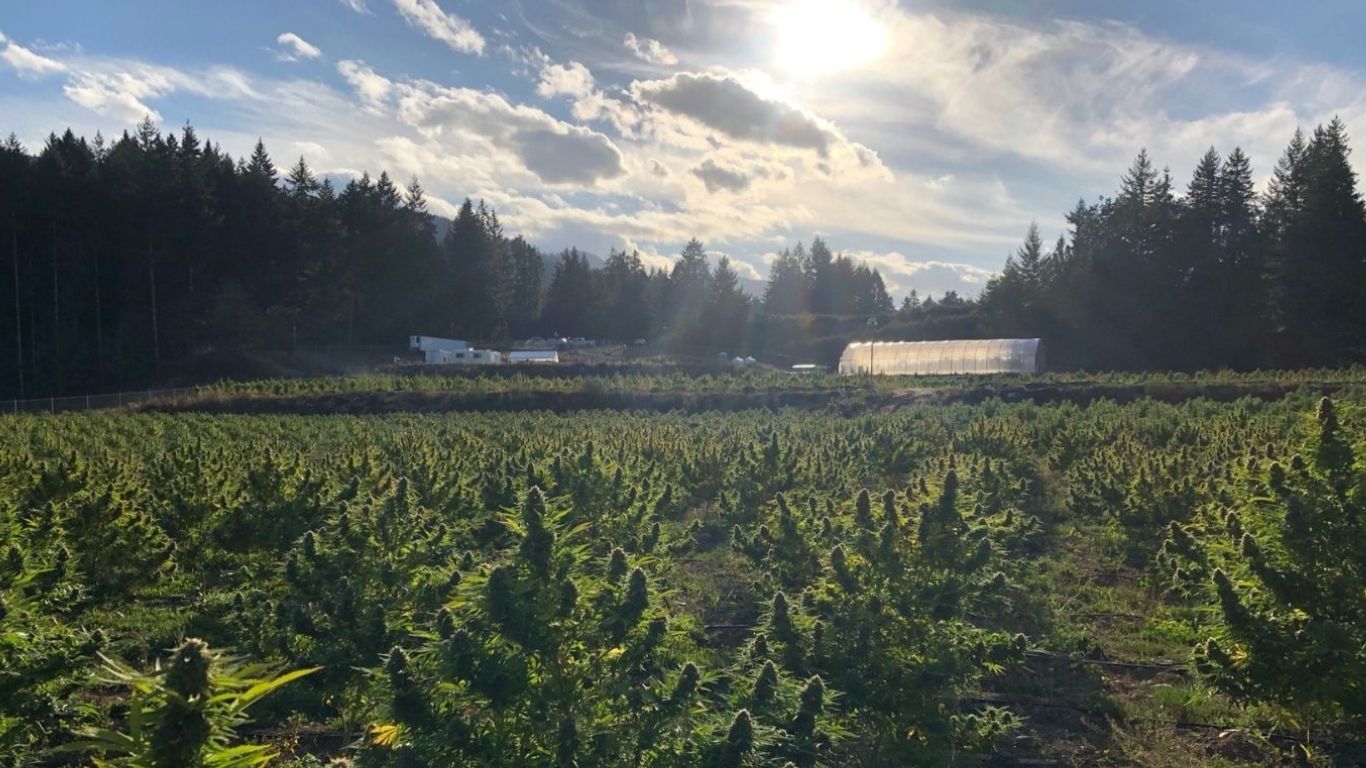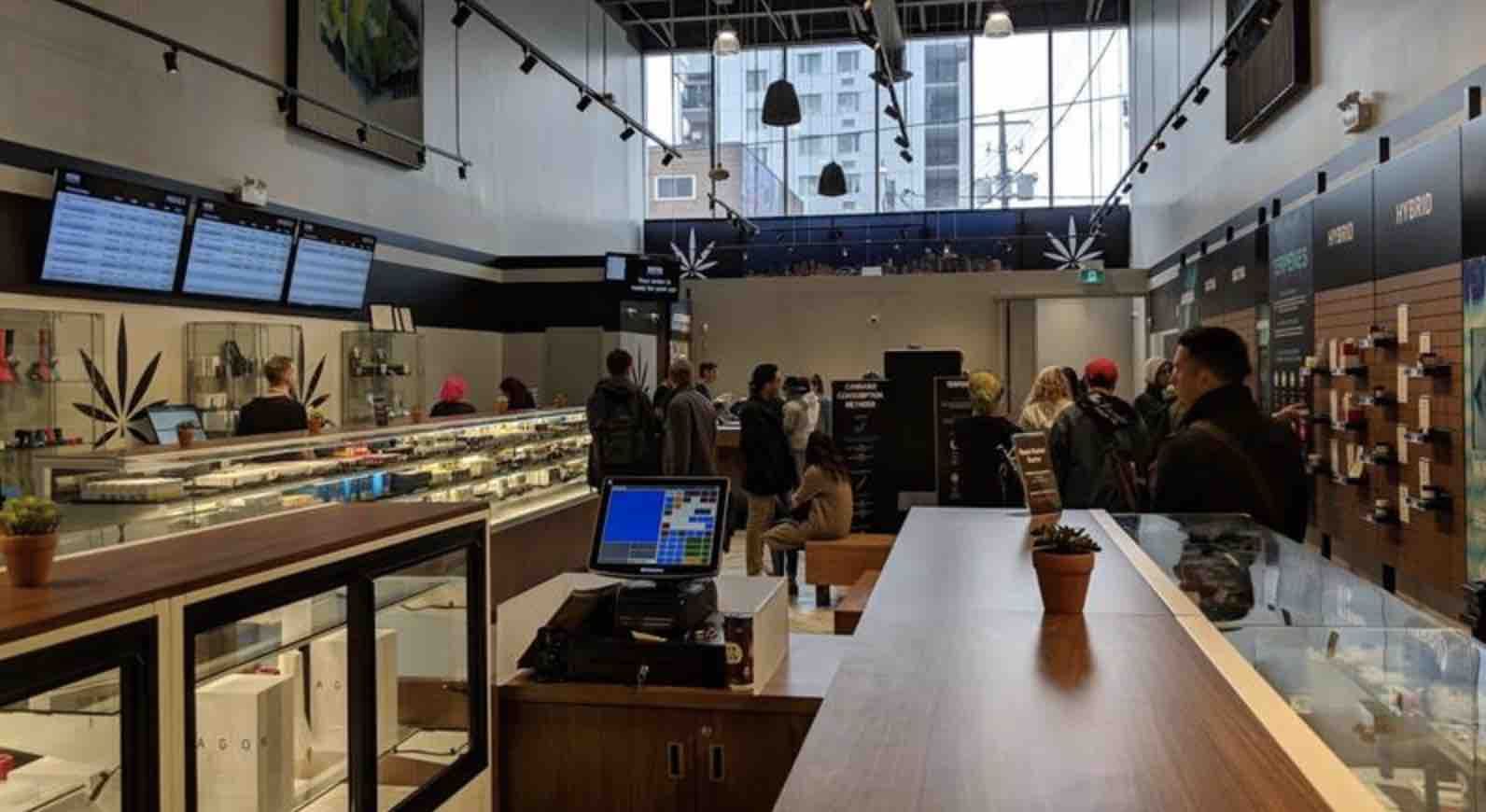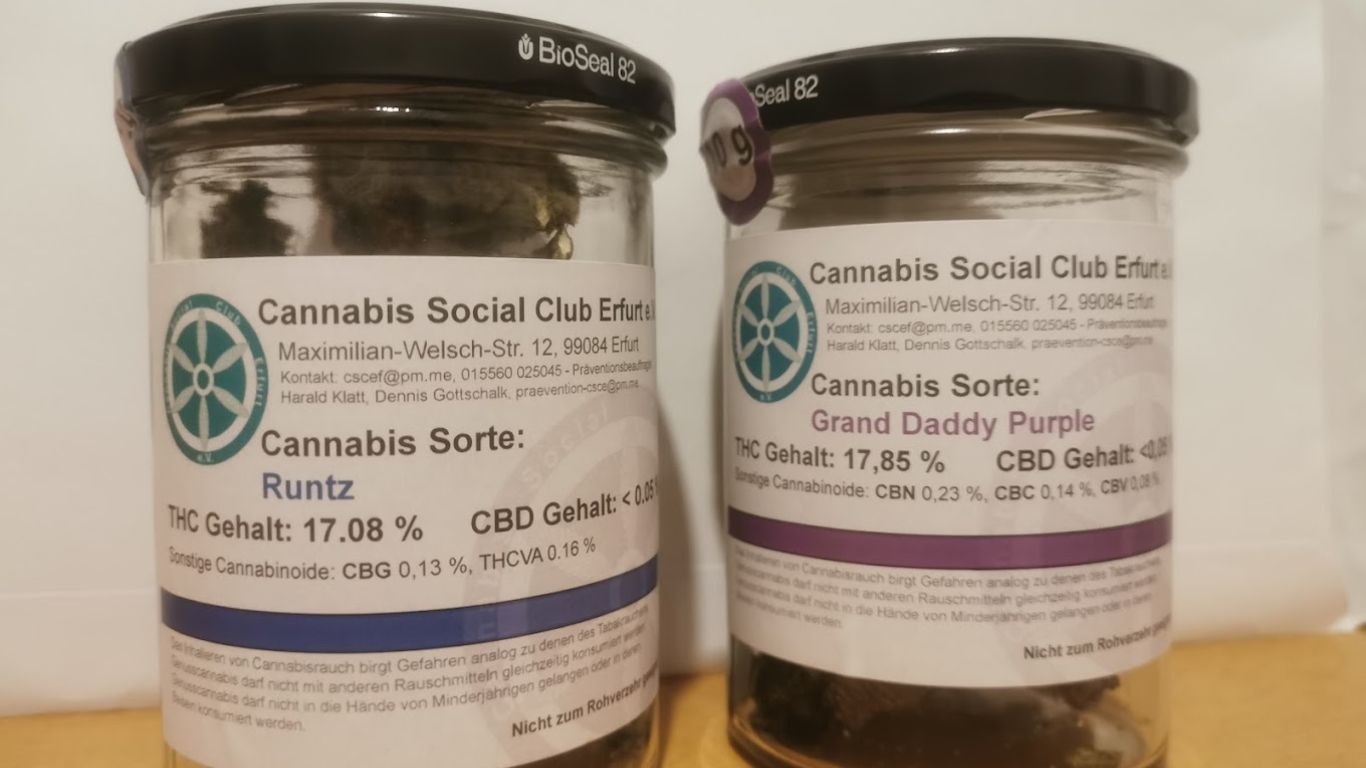
As of October 30, there are now as many micro licence holders as there were all licence holders on the day of legalization.
There were 132 cannabis production licences approved prior to legalization on October 17, 2018, operating under the previous medical cannabis regulations, the ACMPR.
Since that time some 400 new federal licences have been added, for a current total of 532. Of those *approximately 400 new licences, 132 are micro cultivation and or micro processing licenses, 12 are cannabis nurseries and another 256 are either standard cultivation and/or processing licences holders and/or medical sale license holders.
*A handful have also since been delisted, which is why this number is approximate.
When Canada legalized cannabis for all Canadians of age, those licensed under the previous commercial medical regulations were allowed to transition to the legal market to help ensure an initial supply. When the Cannabis Act and Regulations came into force on October 17, 2018, new non-medical licenses, including new micro and nursery categories were also opened up, while retaining medical-only licenses as well.
In addition, according to numbers provided to StratCann by Health Canada in September, of the applications submitted since legalization more than half have been approved have been micros and nurseries. This is largely due to the fact the processing time for standard and micro cannabis licence applications can tend to be shorter, with some licenses being approved in as little as six months or less.
Of those 479 active cannabis licence holders as of September of this year, Health Canada confirms that 280 had applied prior to October 17, 2018, either under the Access to Cannabis for Medical Purposes Regulations, the Marihuana for Medical Purposes Regulations, or the Narcotics Control Regulations. The remaining 199 licence holders applied for their licence on or after October 17, 2018. Of these post-legalization applications, more than half of them are micro cultivators and/or processors. In the last eight weeks, at least half of all new licences issued have been micros.
- 35 in Ontario
- 25 in BC
- 18 in Quebec
- 16 in Alberta
- 13 in Saskatchewan
- 10 in Nova Scotia
- 6 in Manitoba
- 4 in New Brunswick
- 3 in NewFoundland
- 2 in PEI
Although many loudly bemoaned the rule changes in May 2019 that required basic infrastructure to be in place before applying as creating a barrier to new applicants, this actually increased application times significantly. The goal of this change, which it succeeded in, was to remove the many “tire kicker” applications from businesses who often had no interest in building a facility and merely wanted to show an application in process to attract investors.
Additional streamlining to the application process, as well as an increased number of staff to process applications who have also had time to gain experience with the licensing process themselves, has also helped speed up those times.
Some licence applications submitted prior to legalization took years, with many who applied several years prior not getting their licence until after October 17, 2018. New applications though, especially often simpler micro and nursery applications, have been getting processed in as little as six months or less, a timeframe unheard of just a few years ago.
Although micros do face regulatory hurdles with Health Canada’s federal licensing – many are related to security clearances managed by the RCMP – other barriers tend to be at securing financing for land or a facility, or challenges with municipalities who are not open to cannabis business. The actual barriers to getting a licence in terms of financing and adherence to regulations are not much different than any other regulated business.
Many have also in the past argued the cost is too prohibitive, but a handful of outdoor micro cultivators have received their licence for as little as $15,000. Out of twenty micros StartCann has interviewed this year, the average cost of getting to a stage of having a licence was just over $700,000, with costs ranging from $15,000 to around $2 million. The average cost for the six outdoor micros StratCann has featured is just over $30,000.











